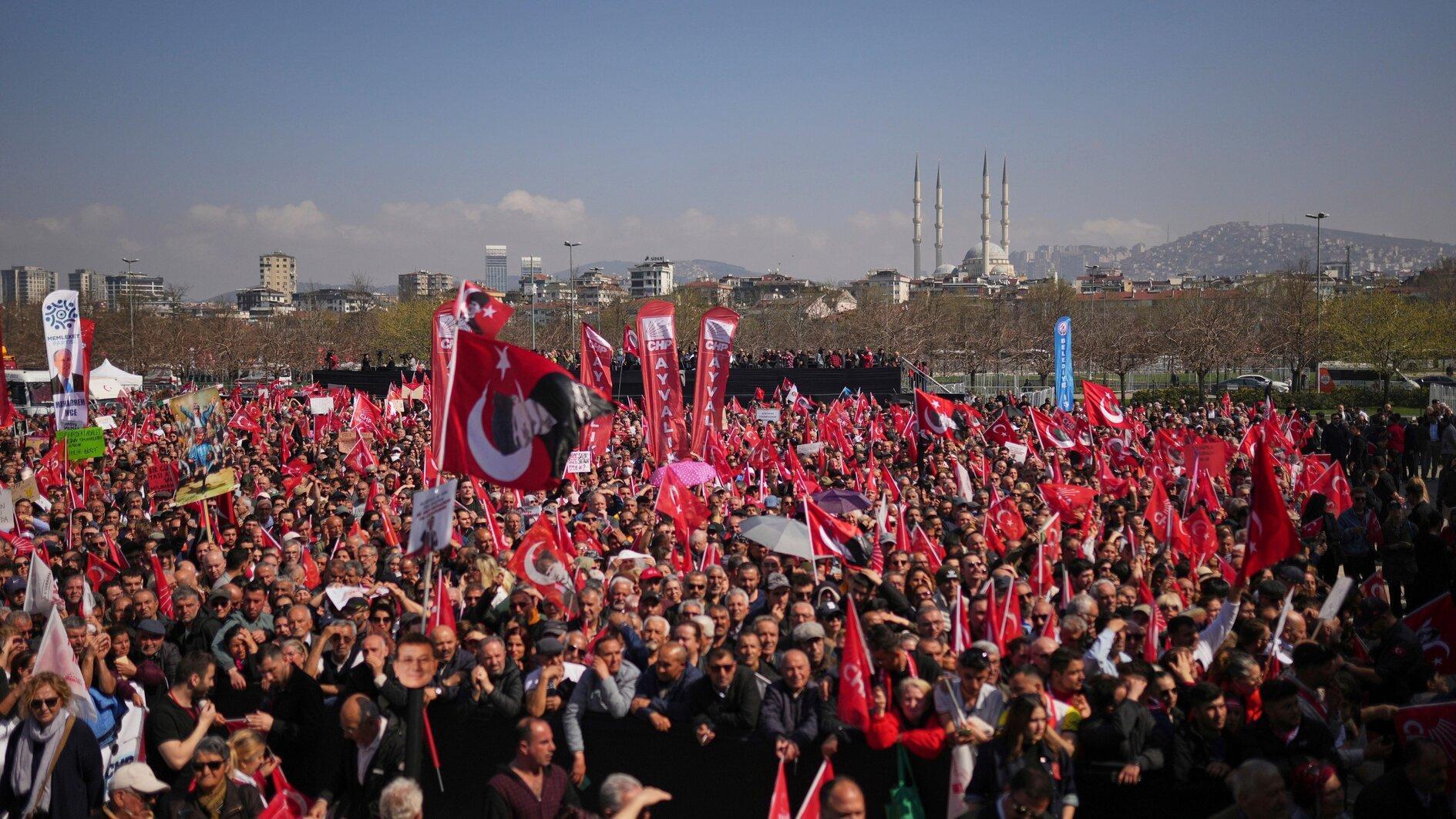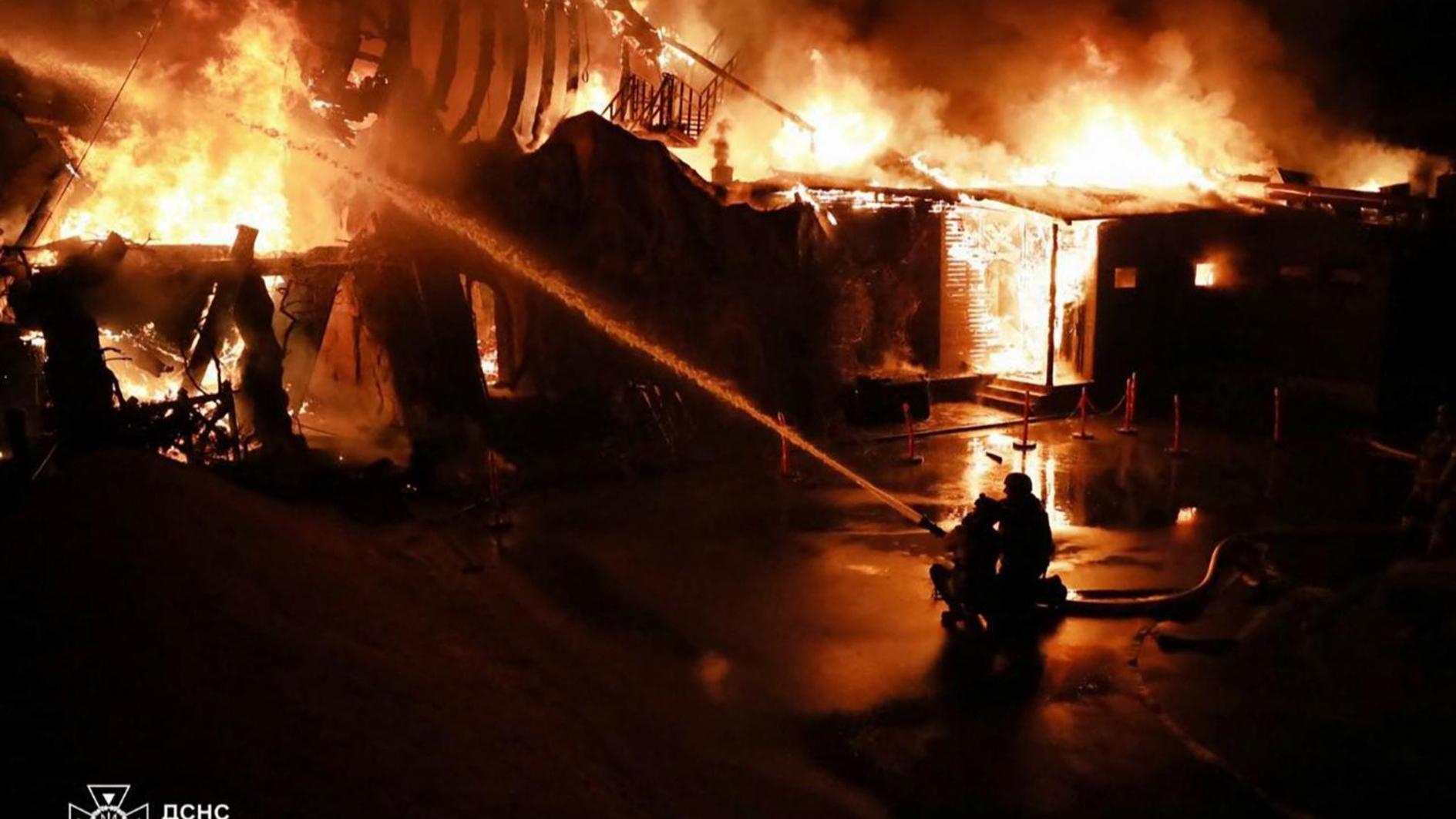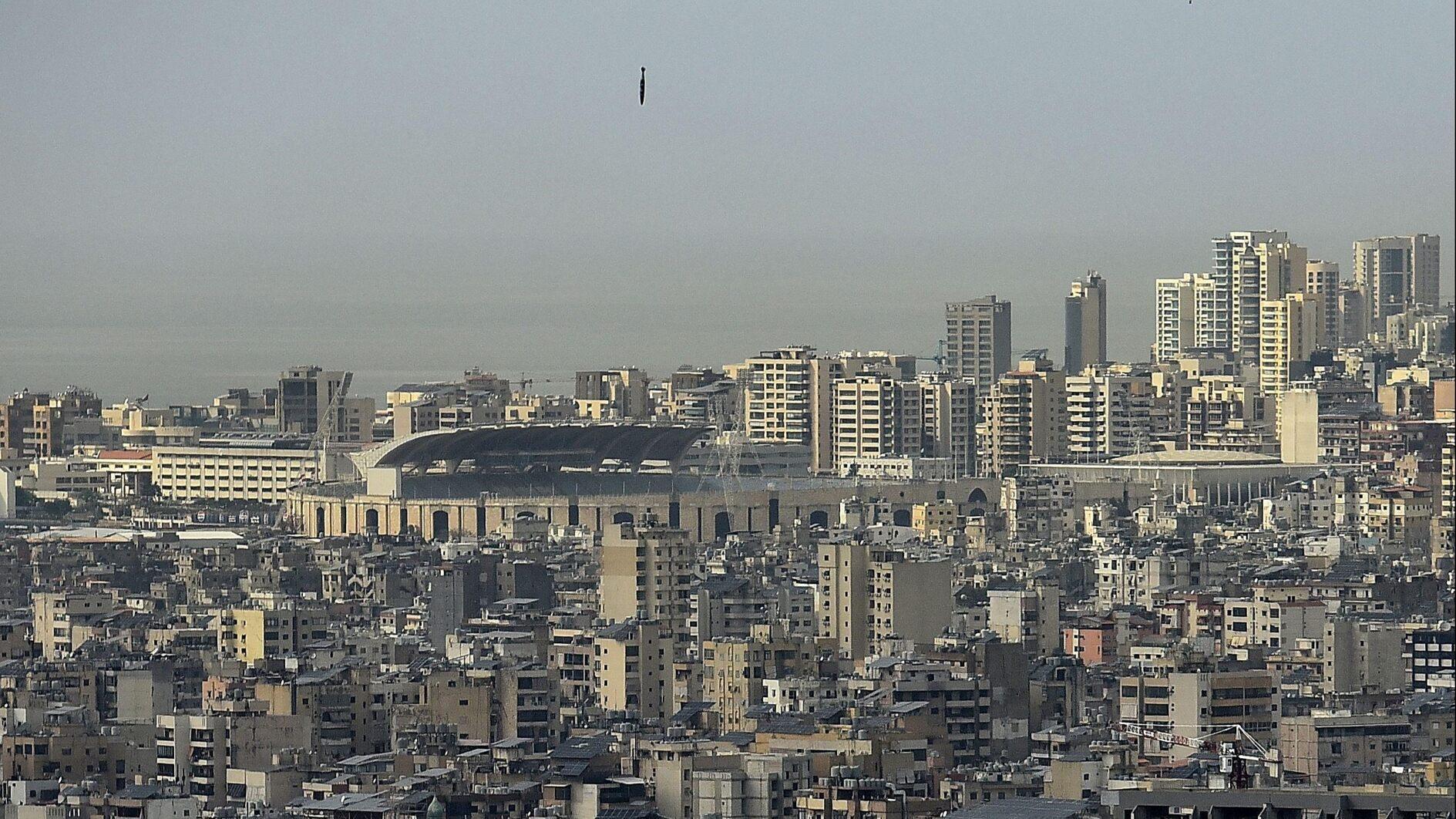Do Arabs want Turkey to lead the Arab awakening?
Turkish Foreign Minister Ahmet Davutoğlu’s speech in Parliament last week was definitely one of the two most ambitious policy statements to have come from Turkey in the post-Cold War era, along with that of the country’s former President Turgut Özal.
Let’s recall what Davutoğlu said: “We will manage the wave of change in the Middle East. Just as the ideal we have in our minds about Turkey, we have an ideal of a new Middle East. We will be the leader and the spokesperson of a new peaceful order, no matter what they say.”
Let’s recall what Özal said following the fall of iron curtain, which led to the birth of Turkic states in Central Asia, as well as states in Eastern Europe where Turkish minorities found a better chance to be recognized.
“There is a Turkish world lying from the Adriatic Sea to the Great Wall of China. If we don’t make serious mistakes, the 21st century could be the century of Turks and Turkey.”
If we contrast Özal’s cautiousness reflected in his expression “If we don’t make serious mistakes,” to Davutoğlu’s “No matter what they say” - implying that Turkey will do as it plans, whether it is welcomed or not - it would be fair to say that the foreign minister’s speech is unrivalled for forcing the limits of arrogance.
It was not exactly clear whom he had in mind when he said, “No matter what they say.” Did he mean the Turkish opposition? Did he mean international or regional players? Actually, what he thought matters less than how it is perceived in the Arab world.
I am extremely curious whether all in the Arab world welcome Turkey’s leadership of the wave of change in the region.
Davutoğlu seems to have no doubt, since he said, “I’d like to advise those who are criticizing us: Go to Cairo. Go to Tripoli. Go to the streets of Beirut, Tunisia, Jerusalem, and ask about Turkey’s policy on Syria. They will hug you and express their appreciation for Turkey’s honorable policy.”
Speaking after Davutoğlu in Parliament, opposition People’s Republican Party’ or CHP’s deputy Osman Korutürk was just back from Cairo. He talked about the forth meeting between Turkish and Arab parliamentarians last week in Cairo, and expressed doubt about the accuracy of Minister Davutoğlu’s statement. If Davutoğlu is right, then why did taken hours for Turkish and Arab MPs to agree on a joint statement? It seems that when the Arab deputies expressed their wish to include a sentence stipulating that no foreign army should enter Syria met the objection of Justice and Development Party (AKP) deputies, it took hours to agree on a statement.
Davutoğlu’s speech, which carries the unfortunate risk of being perceived as patronizing, reminded me of Turkey’s euphoria in the early 1990s about Central Asia. It took some time for Turkey to realize that having recently gotten rid of a big brother like Russia, the newly independent Turkic countries were not looking for another brother.
I am afraid that with this kind of romanticism and over-ambition, Davutoğlu will remain blind to the possibility that not all Arabs are willing to see Turkey administering the change and shaping the vision of the Middle East.
With Davutoğlu’s rhetoric, who can blame those criticizing Turkey for neo-Ottomanism?











